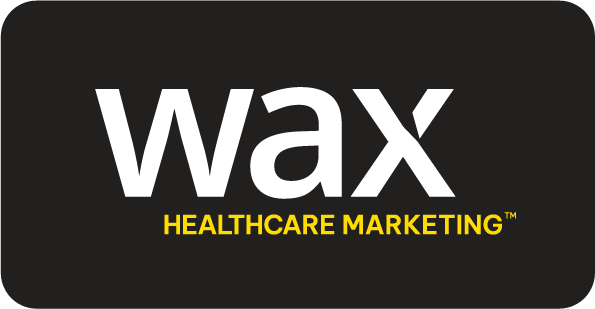In recent years, natural language processing (NLP) has revolutionized the field of artificial intelligence (AI). With its ability to understand and interpret human language, NLP programs like ChatGPT have opened up new possibilities for communication between humans and machines. In the healthcare industry, these technologies are already changing the way people choose their healthcare providers and access health information.
NLP programs like ChatGPT are built on deep learning algorithms that are trained on large datasets of human language. These programs can analyze and understand language in the same way that humans do, allowing them to carry out a wide range of tasks including providing patients with personalized recommendations, answering common health-related questions, and even diagnosing medical conditions more accurately than ever before.
Keywords Alone Won’t Cut It
One of the biggest impacts of NLP on healthcare marketing will be the way people search for healthcare providers. With the help of NLP, patients can conduct searches using natural language queries, rather than relying on keyword-based searches. For example, a patient might type “I need to find a dermatologist who specializes in treating eczema, is open on weekends, and is taking new patients” rather than simply searching for “dermatologist near me.”
Healthcare marketers need to invest in content that is optimized for natural language queries and build chatbots and virtual assistants that can give patients the information they need. This will require a deep understanding of the healthcare industry and the needs of patients, as well as expertise in NLP and other AI technologies.
Shifting to Digital-First Strategies
Advertising healthcare services will also be impacted by the rise of NLP. Traditional advertising methods such as print ads and television commercials will become less effective as patients rely more on online search and social media. This will require healthcare marketers to shift even more of their advertising budgets towards digital channels such as search engine marketing, social media advertising, and content marketing.
Healthcare marketers must prepare for these changes now by investing in digital marketing strategies that focus on personalized content and engagement with patients. They should also focus on building strong relationships with patients through social media and other digital channels, as this will be essential for building trust and establishing a strong brand reputation in the new healthcare landscape.
Optimizing for NPL and Other AI Technologies
Optimizing for NLP and other AI technologies requires a different approach than traditional search engine optimization (SEO) strategies. Here are some tips to help you optimize your content for NLP and other AI technologies:
- Use natural language: It’s what we at Wax call, “regular people words,” and it’s always been a good idea. NLP programs like ChatGPT are designed to understand natural language, so it’s important to use conversational language in your content. Write in a way that you would speak to someone face-to-face and avoid using jargon or technical terms that might be confusing to patients. This may be especially hard to manage with clinical SMEs, who seem to love jargon and terminology, by the way.
- Focus on intent: NLP programs are designed to anticipate what people are really asking for and why, rather than just matching keywords. When optimizing your content for NLP, focus on the intent of the patient’s search query rather than just inserting specific keywords into your content.
- Use Structured Data: Structured data helps NLP programs understand the content of your website and can make it easier for patients to find the information they need. Make sure to include structured data in your website’s code to help NLP programs understand the content of your pages. (Learn more about structured data here.)
- Add a Chatbot to your website: NLP programs like ChatGPT can power conversational interfaces like chatbots and virtual assistants, which can help patients find the information they need quickly and easily. Develop conversational interfaces that are optimized for NLP and other AI technologies to provide patients with personalized recommendations and information that will keep them on your site and away from your competitors.
- Understand patient needs: To optimize for NLP and other AI technologies, it’s important to understand the needs and behaviors of patients. Use patient data and feedback to develop content that is relevant and useful to patients, and tailor your chatbot to provide personalized recommendations and information.
NLP programs like ChatGPT are already transforming the healthcare industry in a multitude of ways. From personalized recommendations to virtual assistants and chatbots, these technologies make it easier for patients to access healthcare information and choose the right provider for their needs. In order to make the cut with those consumers, healthcare marketers must quickly adapt to and invest in digital marketing strategies that are optimized for this new world. Doing so will position them as leaders in the new healthcare landscape and provide their patients with the highest level of service and care possible.
Eager to Get Started?
Start by optimizing for emerging AI technologies and improving search engine visibility for your healthcare organization. Read this article to learn more.




